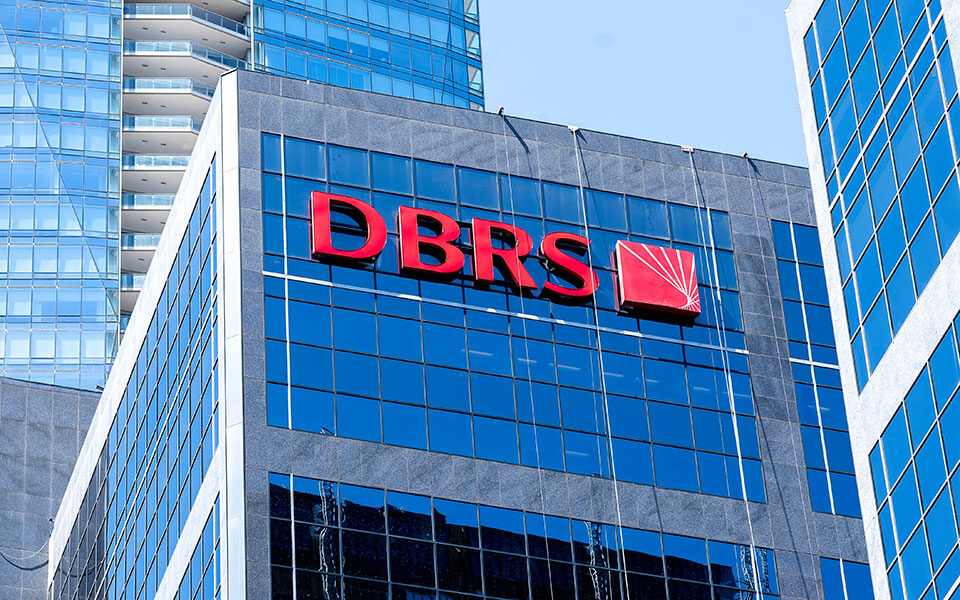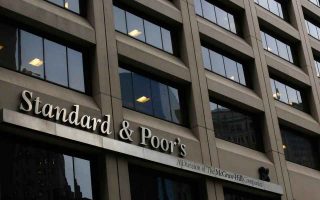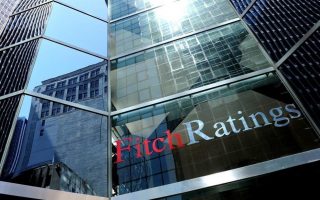The elusive investment grade
Credit rating agencies say that the last step will be the steepest; sustained performance is key

Credit rating agency DBRS Morningstar, one of the “big four” agencies, along with Fitch, Standard & Poor’s and Moody’s whose ratings the European Central Bank takes into account, explained on Friday why it has not bestowed an investment grade on Greece.
The Toronto-based agency, which will publish its updated rating on September 8, noted that upgrading Greece’s debt to investment grade, a grade it has not enjoyed since the financial crisis became acute in 2010, will require confidence that the rating will be sustainable and there is no risk of it being reversed.
The DBRS statement reflects what economists and other analysts have been saying for a long time: that despite the fact that assessments of Greece’s economic performance have been getting better in recent years – it was one of very few whose rating was upgraded during the pandemic – the rating agencies will not hasten to bestow it the much-desired investment grade. As they themselves have noted, this last step is the steepest.
For example, Samuel Tilleray, S&P’s head analyst for Greece, said recently that the chances for an upgrade have got stronger after the result of the two recent elections, but “we are not there yet.” His Fitch counterpart, Federico Barriga-Salazar said that the Greek economy’s outperformance, the very good fiscal situation and the improved prospects of Greek banks are factors supporting an upgrade, but there are still worries, especially with the negative balance of financial inflows and outflows.
DBRS notes that, despite the Greek economy’s significant progress, public sector debt, the still-high delinquent loans and high unemployment, all part of its past legacy, represent significant challenges. The current highly favorable interest on debt repayment and the dynamic of growth could become less favorable in the future and constant fiscal vigilance is necessary, it says, adding that, until September 8, it will continue assessing the implementation of reforms, the commitment to fiscal rectitude that helps keep debt on a downward path, and the overall stability of the financial sector.
Above all that looms the question of sustainability.





